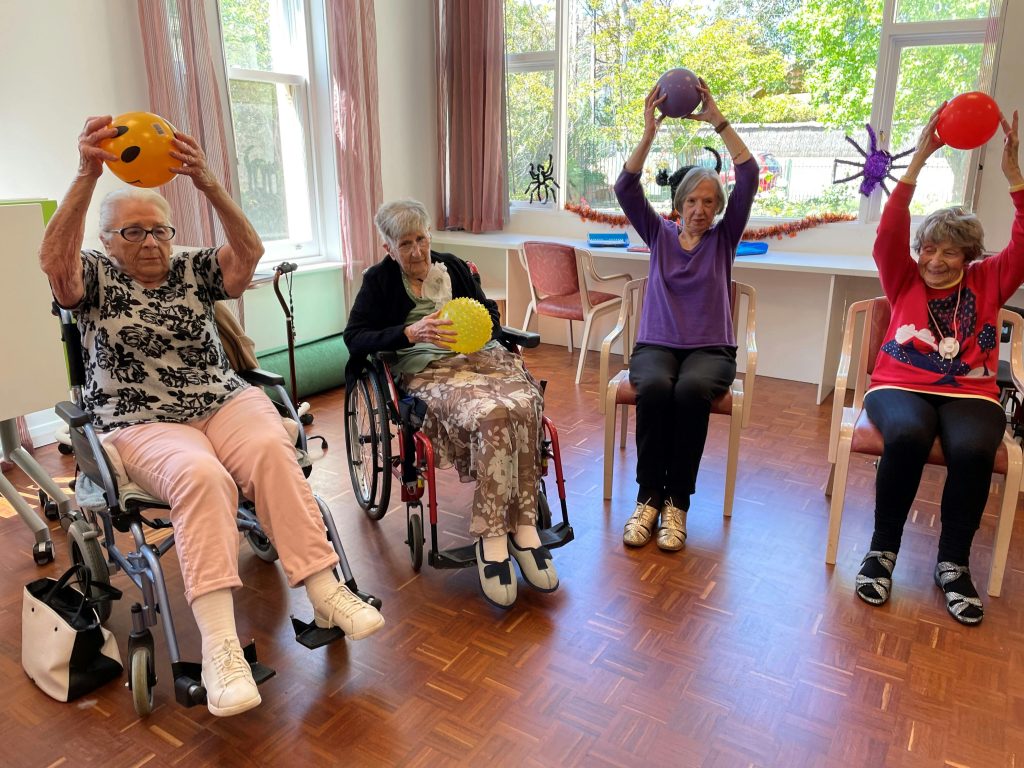Trust is the bedrock upon which successful marketing strategies are built. Establishing and maintaining trust is not only a moral imperative but also a strategic necessity in an industry where families seek reliability, transparency, and compassionate care for their loved ones. This comprehensive guide explores the multifaceted approach to building trust in senior care marketing, utilizing the MECE (Mutually Exclusive, Collectively Exhaustive) framework to address key elements essential for outranking competitors on Google.
I. The Significance of Trust in Senior Care Marketing
A. Understanding the Importance
- Familial Decision-Making: Families entrusted with the care of seniors are meticulous in their decision-making process, relying heavily on trust.
- Long-Term Relationships: The nature of senior care requires long-term relationships; trust is the foundation for these enduring partnerships.
B. Trust as a Competitive Advantage
- Market Differentiation: Trust becomes a key differentiator in a market saturated with senior care options.
- Positive Reputation: A trustworthy reputation not only attracts new residents but also fosters positive word-of-mouth referrals.
II. Transparency and Open Communication
A. Transparent Information Sharing
- Honesty About Services: Clearly articulate the range of services provided, avoiding embellishments to align expectations.
- Pricing Transparency: Provide transparent information about pricing, fees, and potential additional costs.
B. Open Communication Channels
- Accessible Contact Information: Ensure easy access to facility contact information for inquiries and concerns.
- Prompt Response: Timely responses to queries demonstrate attentiveness and a commitment to open communication.
III. Showcasing Expertise and Qualifications
A. Staff Qualifications
Staff Qualifications Table
| Position | Qualifications |
|---|---|
| Nurses | Registered nurses with certifications in geriatric care. |
| Caregivers | Trained and certified in providing compassionate care. |
| Therapists | Licensed therapists specializing in senior care needs. |
| Administrative Staff | Experienced professionals ensuring smooth operations. |
B. Highlighting Industry Certifications
- Accreditations: Showcase industry certifications and accreditations to affirm the facility’s commitment to quality care.
- Continuous Training: Emphasize ongoing staff training programs to stay abreast of the latest caregiving techniques and standards.
IV. Personalized and Compassionate Care
A. Individualized Care Plans
- Personalized Assessments: Conduct thorough assessments to create individualized care plans tailored to each resident’s unique needs.
- Family Involvement: Involve families in the care planning process, fostering a collaborative approach.
B. Compassionate Staff
- Emphasize Empathy: Train staff to prioritize empathy, understanding the emotional needs of residents and their families.
- Resident Testimonials: Share resident testimonials highlighting compassionate care experiences.
V. Online Reputation Management
A. Importance of Online Reviews
- Impact on Decision-Making: Families often rely on online reviews to inform their senior care decisions.
- Managing Negative Feedback: Responding thoughtfully to negative reviews demonstrates a commitment to addressing concerns.
B. Utilizing Positive Testimonials
- Testimonial Page: Create a dedicated page on the website featuring positive testimonials from residents and their families.
- Video Testimonials: Produce video testimonials for a more personal and impactful presentation.
VI. Community Engagement and Involvement
A. Active Participation in Community Events
- Health and Wellness Workshops: Host workshops or events that contribute to community health.
- Partnerships with Local Businesses: Collaborate with local businesses to strengthen community ties.
B. Social Responsibility Initiatives
- Charitable Initiatives: Engage in charitable activities or sponsorships that align with the values of the senior care facility.
- Community Outreach Programs: Develop programs that benefit both residents and the broader community.
VII. Ethical Marketing Practices
A. Honesty in Marketing Materials
- Accurate Representations: Ensure that marketing materials accurately represent the facilities, amenities, and services offered.
- Avoiding Misleading Language: Steer clear of exaggerated claims or language that may mislead potential residents.
B. Compliance with Industry Standards
- Legal Compliance: Adhere to all relevant regulations and legal standards governing senior care marketing.
- Data Protection: Prioritize resident privacy and adhere to data protection regulations.
VIII. Conclusion
In the competitive landscape of senior care marketing, building trust is not merely a checkbox; it’s an ongoing commitment that permeates every aspect of the facility’s operations. By incorporating transparency, showcasing qualifications, providing compassionate care, managing online reputation, engaging with the community, and adhering to ethical marketing practices, senior care facilities can create a distinctive brand anchored in trust. This exhaustive approach not only enhances the facility’s online visibility but, more importantly, fosters enduring relationships with residents and their families built on a foundation of trust.



